As our dogs get older, we’re making more trips to the veterinarian. This wouldn’t be a big deal, except that we travel full-time in an RV. And we’re seldom in the same location for more than a couple of weeks. So how do we ensure we get great veterinary care while traveling with our pets? That’s what today’s blog post is all about!
Of course, some illnesses and injuries are more serious than others. And the way we locate veterinary care while traveling depends on how quickly the dogs need to be seen. Here are the common reasons our pets need to see a veterinarian:
Routine Veterinary Care
We consider vaccinations, annual exams, and other scheduled treatments to be “routine care.” These are things that can be planned in advance with your pet’s primary veterinarian.
For traveling pets, it’s easiest to choose a primary veterinarian in a location you visit regularly. For several years, we took our dogs back to Philadelphia to see the veterinarian they’d grown up with for their routine visits. But as our travel plans began to vary, that arrangement wasn’t working anymore.
Now the boys’ primary veterinarian is in Wisconsin, where my parents live. We visit visit there every summer, and that’s when Ty and Buster get their physicals and shots. This veterinarian has all of their records and understands their medical history and ongoing conditions. Whenever new issues pop up, or I have questions about an alternative treatment, I call this vet for advice.
This is also the office that prescribes all of our dogs’ medication. For that reason, it’s important to me that they’ll work with online veterinary pharmacies. Not all veterinarians will – so be sure to ask before making an appointment! Being able to use online pharmacies make it easy for us to order Ty and Buster’s prescriptions and have them sent to us anywhere in the country.
Urgent Veterinary Care
Most of the veterinary care we need while traveling with two senior dogs qualifies as “urgent care.” These are not life-threatening conditions, but ones that we want to have treated within 24 hours. Some of the reasons we’ve needed urgent veterinary care include urinary tract infections, wound care, a corneal ulcer, vestibular disease, and follow-up for other conditions, like Ty’s discospondylitis.
READ MORE ⇒ How to Tell if Your Dog Has a Fever
In these situations, the best recommendation you can get is from your primary veterinarian. So, start with a call to see if he or she knows anyone in the area where you’re traveling. This will also put your vet on alert that your pet is ill, in case the treating veterinarian has questions or would like to send a report.
Since we travel full-time, it’s unusual that our veterinarian can recommend a local colleague when an urgent situation arises. In that case, we rely on the advice of those around us. My first stop is usually at the RV park or campground office. If the staff doesn’t have animals themselves, they’ve usually spoken to a guest who’s seen a veterinarian in the area and can point me in the right direction.
With that information in hand, I do a Google search and focus on the reviews. If I find more than a couple negative reviews about a veterinary clinic or hospital online, I move on to another option.
I’ve also found our on-line community to be a fantastic place to turn for advice. We’ve never been in a place where I’ve needed a veterinarian and not had someone make a suggestion.
Emergency Veterinary Care
Emergency care is self-explanatory. These are life-threatening conditions, or ones that involve pain that needs to be resolved immediately. We’ve had our fair share of trips to the emergency vet hospital: once when an infection was causing Buster serious discomfort; once when Ty spiked a dangerous fever; and back in the early days when Buster had a serious reaction to phenobarbital, a medication he was taking to control seizures.
READ MORE ⇒ What You Should Know About Emergency Vets (Before You Need One)
The emotions and stress of seeing your pet seriously ill or injured can make it difficult to think clearly. So, having a plan in place before you need it is the best way to ensure you’ll be able to provide your pets with the best possible care. To that end, shortly after we arrive in a new location I use the GoPetFriendly.com website to locate the closest 24-hour veterinary hospital and make note of the address. In an emergency situation, my primary concern is getting the dogs the care they need as quickly as possible.
We also have a small go-bag with the following items to grab if we’re running out in a hurry:
- Ty and Buster’s complete medical records scanned onto a USB drive, so they can be easily read by the attending veterinarian
- The names and dosages of all medications and supplements, and time we usually administer them
- Our regular veterinarian’s telephone and fax number
- A muzzle that the dogs have been acclimated to wearing
- A granola bar or other packaged snack to tide us over if we miss a meal
- A cell phone charger
- An old sweatshirt for me (Why are veterinary hospitals always so cold?)
- A t-shirt that smells like me that can be kept near Ty or Buster while they’re being treated
Veterinary Specialists
We’ve also seen our share of veterinary specialists over the years with Ty and Buster. Recommendations for veterinary specialists can come from your treating veterinarian or your primary veterinarian, but I’ve found these doctors by searching online. The specialists we saw required written referrals from our treating veterinarian, which we received with no problem.
Getting Great Veterinary Care While Traveling With Pets
The secret to getting great veterinary care while traveling with pets is being prepared. Whenever your pet sees a veterinarian, ask for their complete file after every vet visit. That should include any blood work results and the doctor’s notes. Scan this new information to the USB drive where you keep your pet’s medical records after each vet visit, and you’ll always have your pet’s most recent medical information right at your fingertips.
We hope this blog post is like an umbrella – if you have it with you, you’ll never need it. Safe travels!
Amazon Affiliate Disclosure: GoPetFriendly.com LLC is a participant in the Amazon Services LLC Associates Program, an affiliate advertising program designed to provide a means for website owners to earn advertising fees by advertising and linking to amazon.com, audible.com, and any other website that may be affiliated with Amazon Service LLC Associates Program. As an Amazon Associate, the owner of this site earns a commission from qualifying purchases.
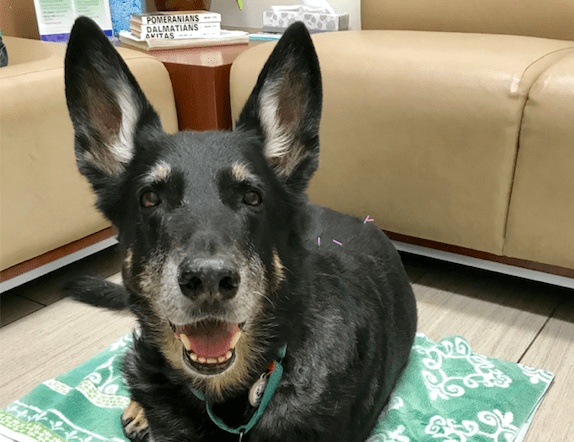
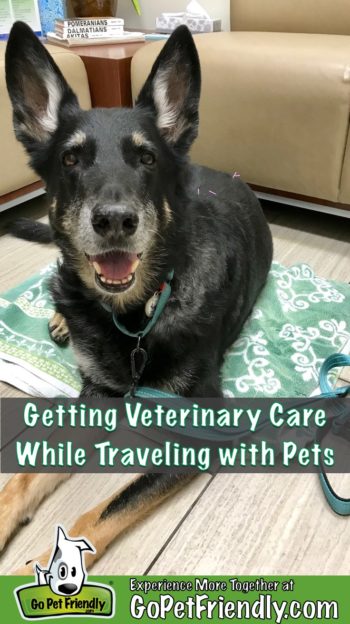
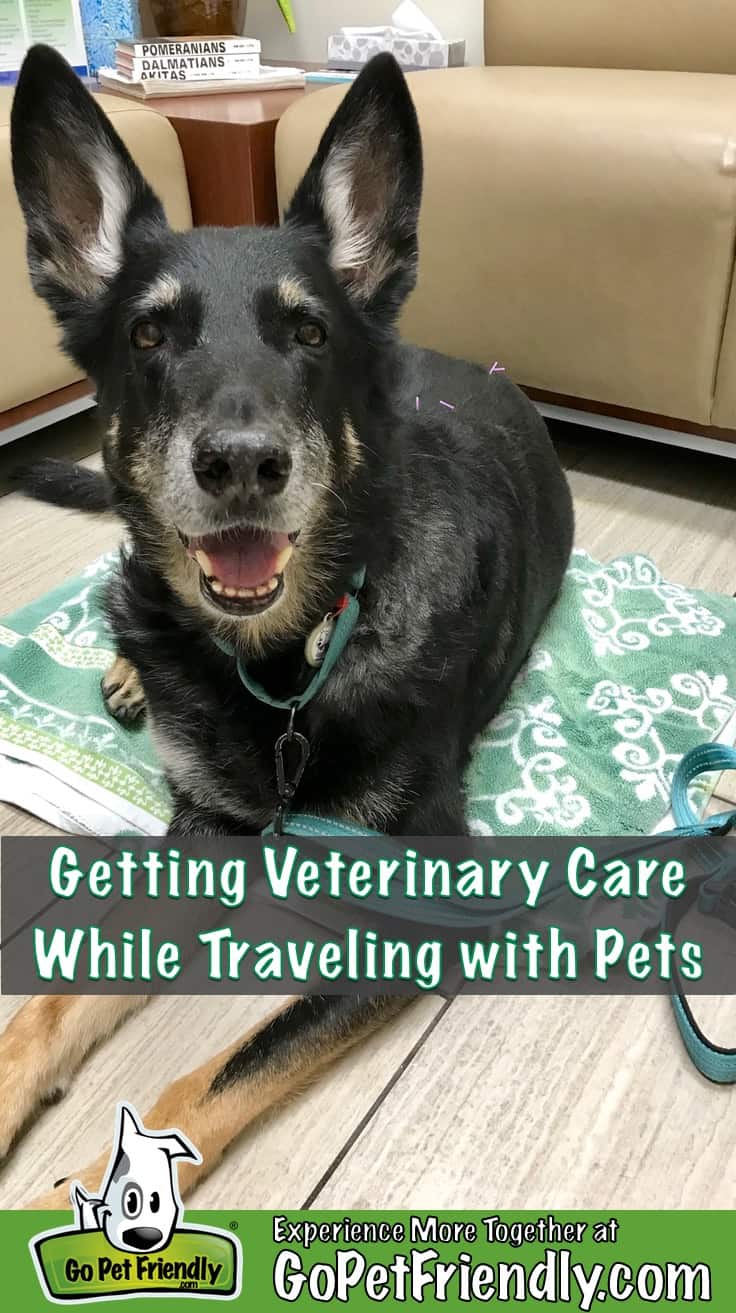
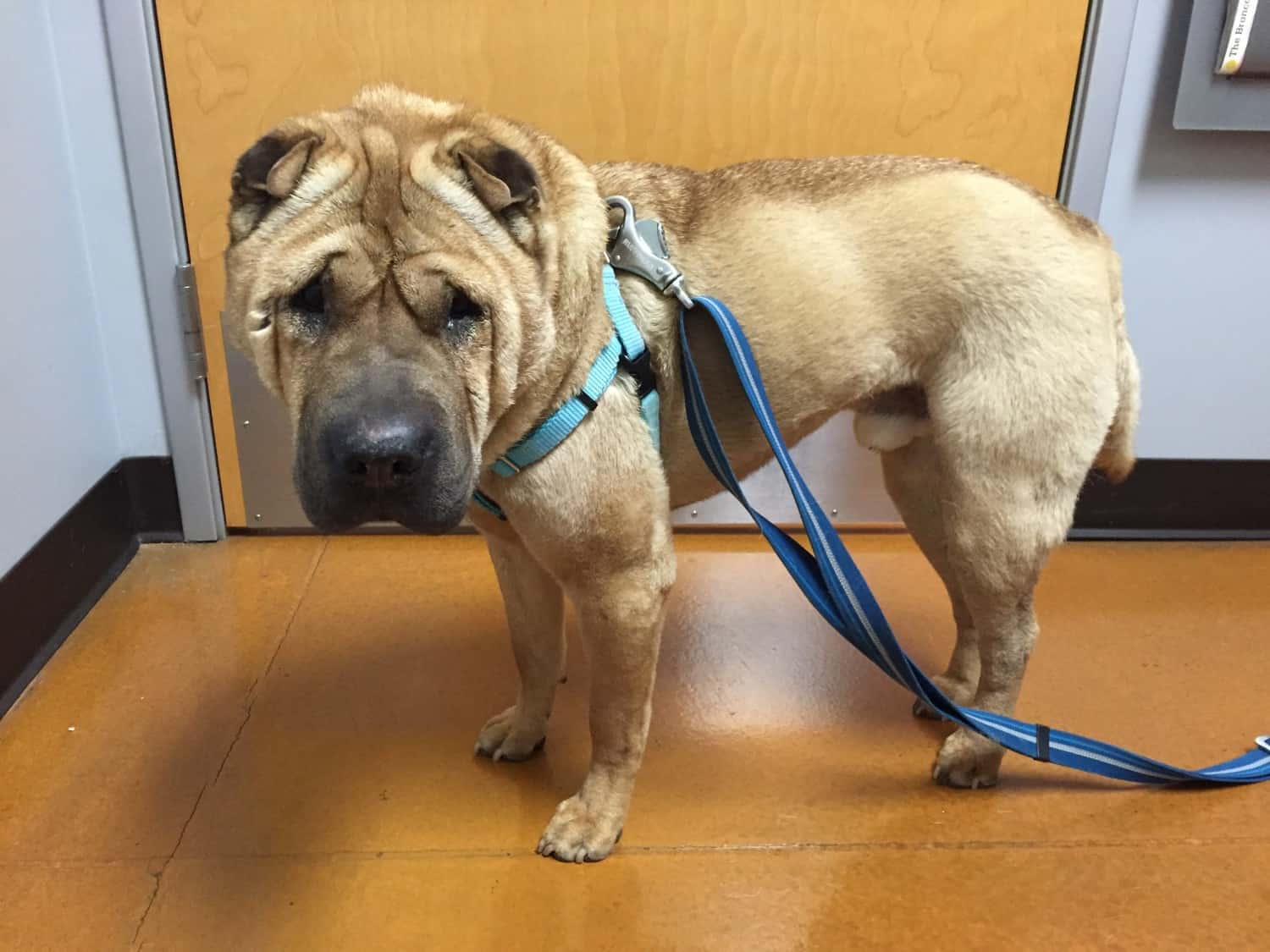
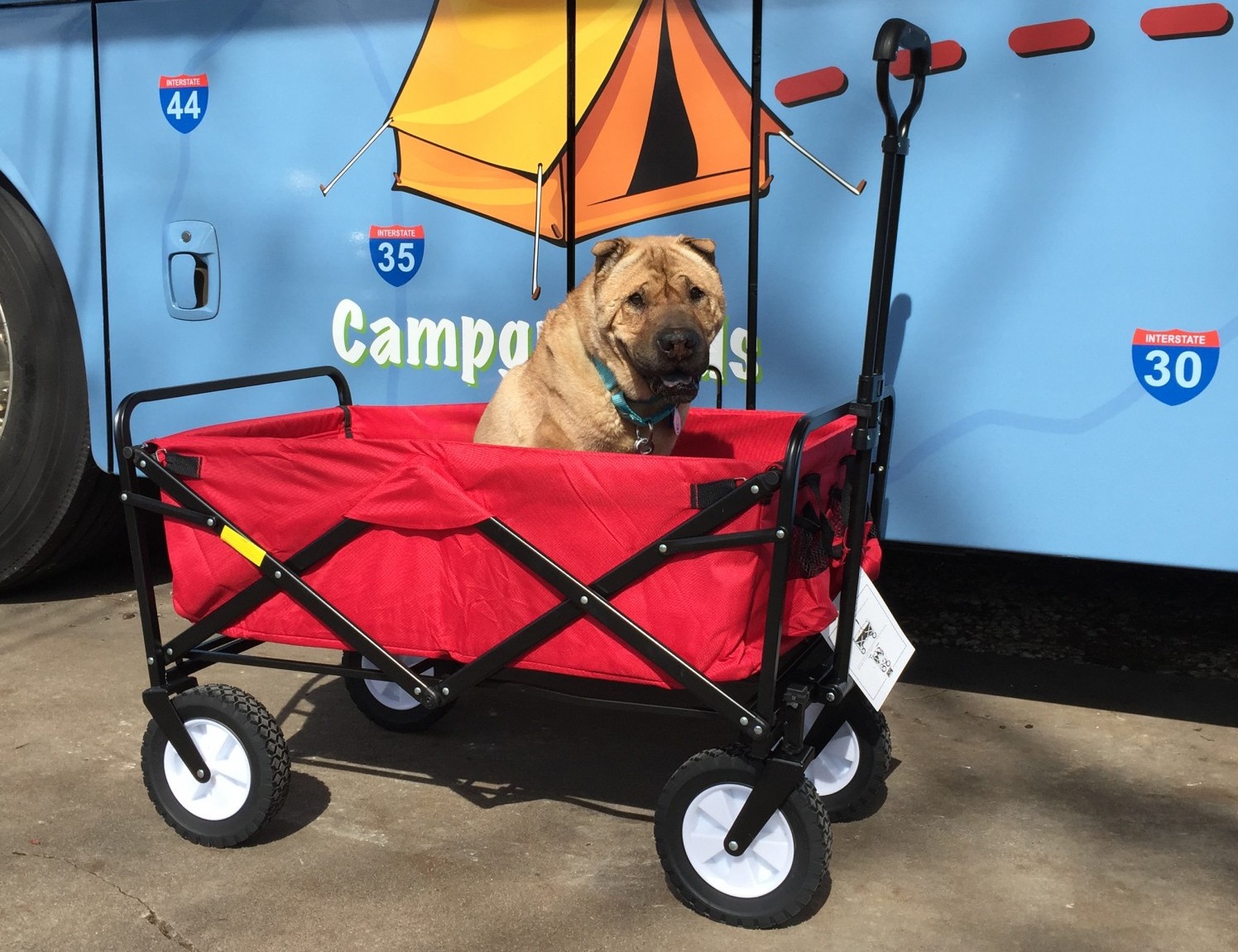
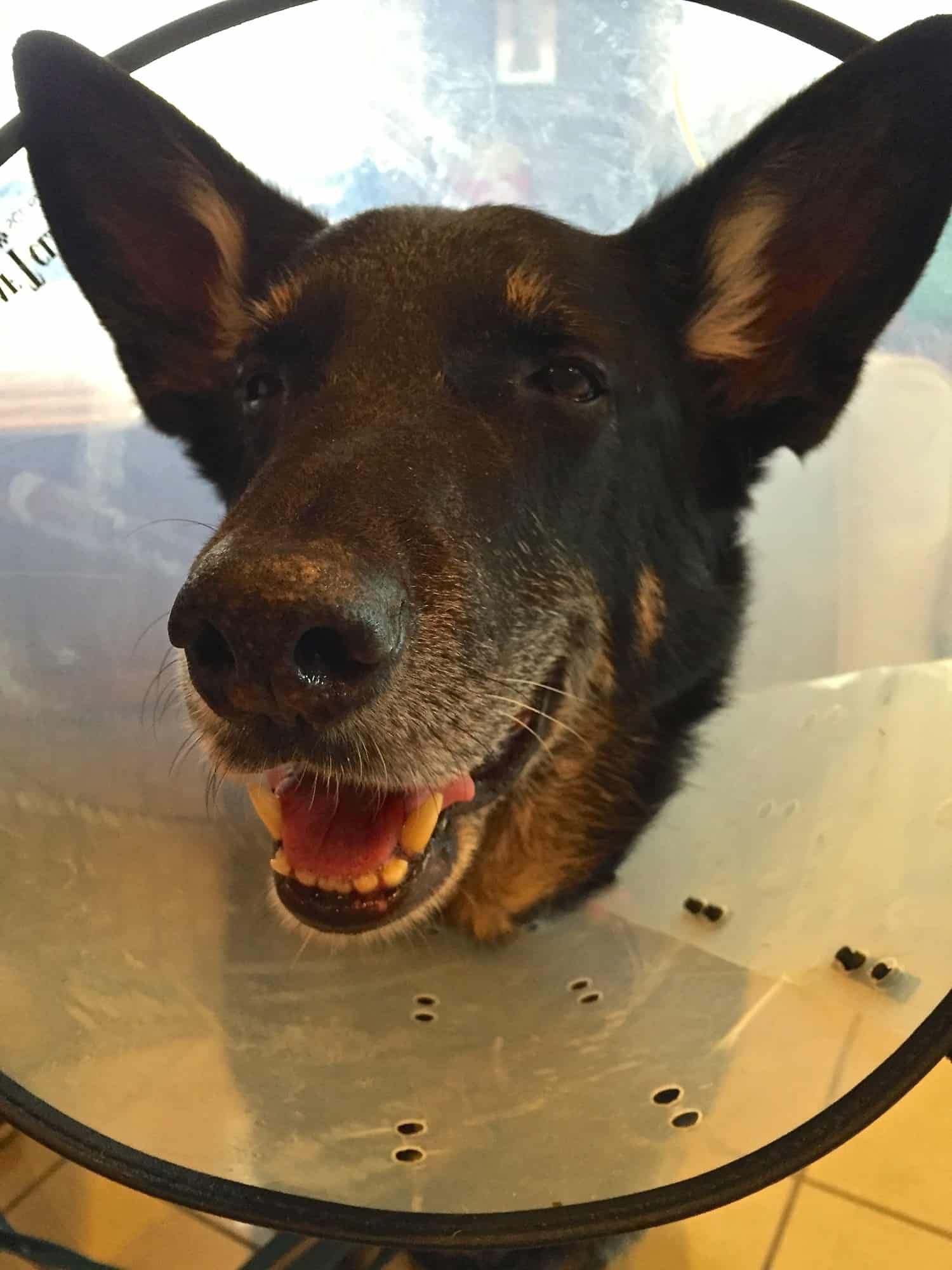
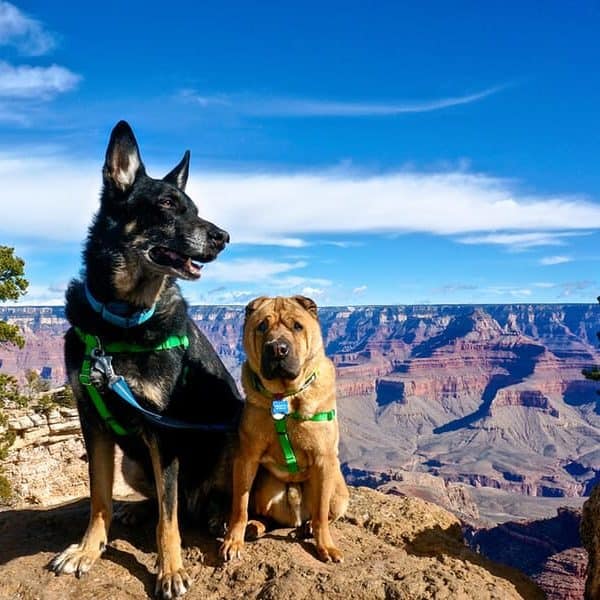
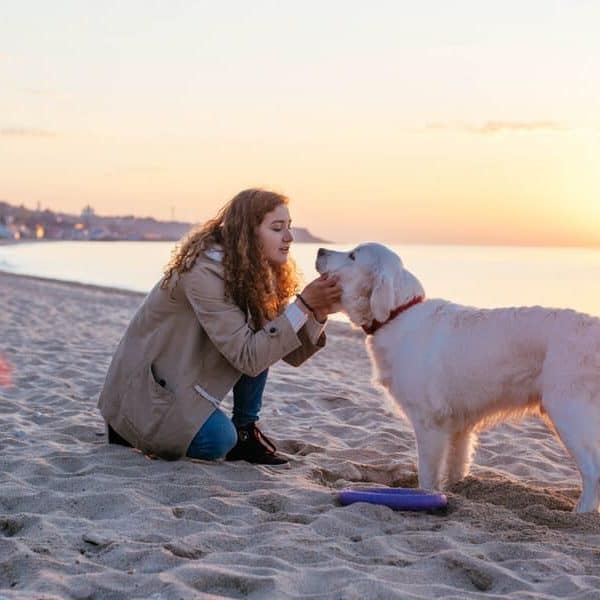
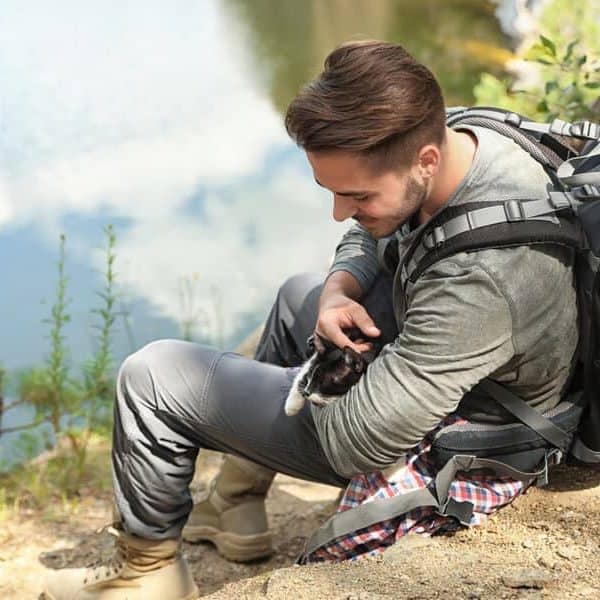

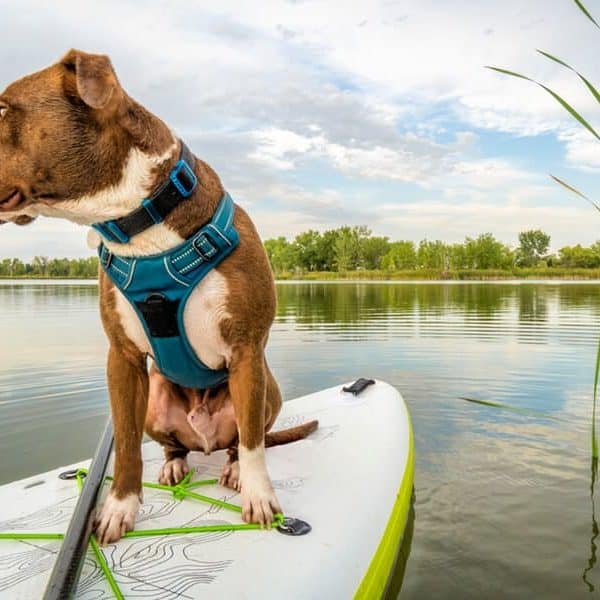
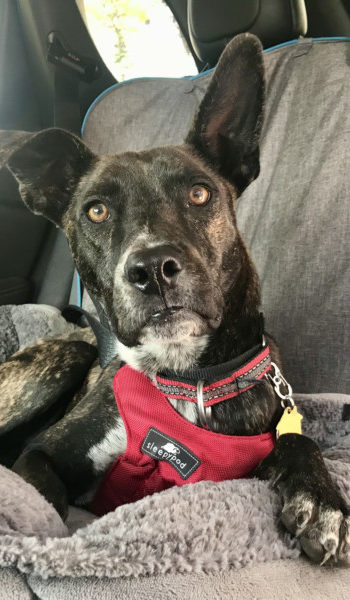




Thanks for the tips.
Thank you for sharing this important information, I’m definitely going to keep this in mind while travelling with my pets. Sometimes it seriously become difficult to find a good veterinary clinic while travelling to some unknown places, that’s why most of the times I avoid travelling with my pets.
Thanks for your note, James! I’m glad we could help, and I hope this encourages you to travel more with your pets. Waggin’ trails!
Hi, we are going on a trip with my dogs. I have a labrador and a beagle. I have never traveled with pets, I’m from Tampa, we plan to call in Dallas, and then in Tucson, to see relatives. At first, I did not think about the difficulties of traveling with animals, and then I came across your site, and already read dozens of articles and seriously took up this issue. It seems so far that everything is clear, I take all measures so that my friends feel good and I hope that everything will be fine on the trip!
That’s wonderful! I’m so glad that we were able to help and I’m sure you’ll all have a fantastic time together. Thanks so much for your note, and safe travels!
I am glad that you talked about using your primary veterinarian to find another vet while traveling. My dog just had some issues with a cut he got on the beach yesterday. I’ll have to call my vet and see where I can take him here for a check-up.
Oh no! I hope your pup is alright, Oliver. Hopefully, you found a vet and had a good experience. Be well!
This is SO important! Great information. Thank you! As newby RV’ers with 1 elder and 2 soon to be elders we need a Plan B for emergencies and being prepared is key.
Hi Jude! Thanks so much for your note – we’re glad to be able to help. Traveling with senior dogs does require a bit more preparation, but the rewards are pretty fantastic. Safe travels to you and yours!